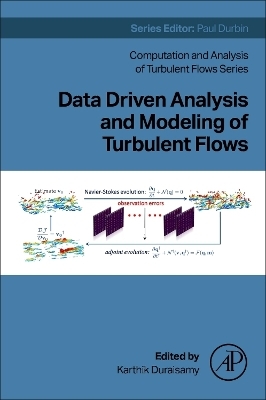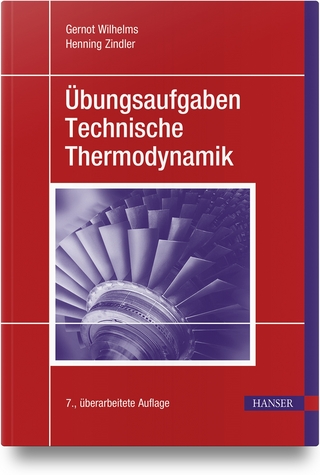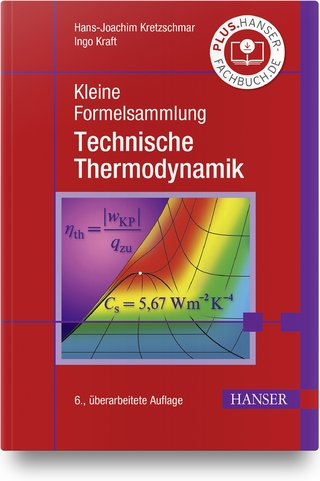
Data Driven Analysis and Modeling of Turbulent Flows
Academic Press Inc (Verlag)
978-0-323-95043-5 (ISBN)
- Noch nicht erschienen (ca. März 2025)
- Versandkostenfrei innerhalb Deutschlands
- Auch auf Rechnung
- Verfügbarkeit in der Filiale vor Ort prüfen
- Artikel merken
Turbulence simulations generate large data sets, and the extraction of useful information from these data fields is an important and challenging task. Statistical learning and machine learning have provided many ways of helping, and this book explains how to use such methods for extracting, treating, and optimizing data to improve predictive turbulence models. These include methods such as POD, SPOD and DMD, for the extraction of modes peculiar to the data, as well as several reduced order models.
This resource is essential reading for those developing turbulence models, performing turbulence simulations or interpreting turbulence simulation results.
Prof. Duraisamy is the director of the Center for Data-driven Computational Physics and the Air Force Center for Rocket Combustor Dynamics at the University of Michigan, USA. He previously held posts as lecturer in computational fluid dynamics at the University of Glasgow, and as consulting assistant professor at Stanford University. His research is in the development of theory, algorithms and approaches to enable the construction of computational models of fluid flows. This research includes fluid dynamic modelling at a fundamental level as well as in an integrated system-level setting. An overarching theme in his research involves the use of computational methods to answer scientific and engineering questions at the desired level of sophistication with an understanding of the effect of modelling uncertainties on the predicted results.
1. A roadmap for data-driven analysis and modeling of turbulent flows
2. Modal decomposition: POD, SPOD, DMD
3. Statistical learning: Neural nets, sparse regression, Lasso
4. Resolvents
5. Projection-based Reduced Order Modeling
6. Data-assimilation and flow estimation
7. Data-driven control
8. Model-consistent inference and learning
9. Parameter estimation and uncertainty quantification
10. Stress representations
11. Evolutionary optimization
12. Emerging topics: Super resolution
| Erscheint lt. Verlag | 1.3.2025 |
|---|---|
| Reihe/Serie | Computation and Analysis of Turbulent Flows |
| Verlagsort | Oxford |
| Sprache | englisch |
| Maße | 152 x 229 mm |
| Themenwelt | Naturwissenschaften ► Physik / Astronomie ► Thermodynamik |
| ISBN-10 | 0-323-95043-4 / 0323950434 |
| ISBN-13 | 978-0-323-95043-5 / 9780323950435 |
| Zustand | Neuware |
| Haben Sie eine Frage zum Produkt? |
aus dem Bereich


